Spring is here, and so is tax season! While many are focused on filing their tax returns, this is also a great time to think about how taxes impact your estate and retirement plans. By making smart moves now, you can ensure that more of your hard-earned wealth goes to your loved ones instead of unnecessary taxes and legal fees.
In this post, we’ll cover practical strategies to minimize estate taxes, take advantage of new tax-saving opportunities, and optimize your retirement savings for the future.
5 Ways to Reduce Estate Taxes & Keep More for Your Heirs
1. Take Advantage of Gifting Strategies
Did you know you can give away a certain amount of money each year without it counting toward your estate tax exemption? In 2025, you can gift up to $19,000 per person, per year without triggering federal gift taxes. This is a great way to help family members now while lowering the taxable value of your estate.
Action Step: Consider making annual gifts to your children, grandchildren, or other loved ones to reduce your taxable estate over time.
2. Use Charitable Trusts for Tax Benefits
If you support a cause, setting up a Charitable Remainder Trust (CRT) or Charitable Lead Trust (CLT) can provide tax deductions while benefiting both you and your chosen charity. These trusts allow you to donate assets, receive potential income, and reduce estate taxes.
Action Step: Explore charitable giving options with your estate planner to see if a trust could fit your financial goals.
3. Optimize Your Retirement Accounts
One of the most tax-efficient ways to pass down wealth is through Roth IRAs and 401(k)s. While traditional retirement accounts are taxed when heirs withdraw money, Roth accounts grow tax-free and allow for tax-free withdrawals.
Additionally, the IRS has increased 401(k) contribution limits for 2025:
- $23,500 per year (up from $23,000 in 2024)
- Catch-up contributions of $7,500 for those 50+
- A special catch-up contribution of $11,250 for those 60-63
Action Step: If you have a 401(k) or IRA, review your contribution levels and consider converting some assets to a Roth IRA for tax-free benefits in the future.
4. Avoid Probate with Proper Planning
Probate is the legal process of distributing assets after someone passes away, and it can be time-consuming and expensive. Setting up a revocable living trust can help your heirs avoid probate and receive their inheritance faster and with fewer legal fees.
Action Step: Review your estate plan to see if you have assets that could benefit from being placed in a trust.
5. Maximize Your HSA Contributions
A Health Savings Account (HSA) is a great way to save for medical expenses while lowering your taxable income. Contributions are tax-deductible, funds grow tax-free, and withdrawals for qualified expenses are also tax-free.
In 2025, HSA contribution limits are:
- $4,300 for individuals
- $8,550 for families
- Extra $1,000 catch-up contribution for those 55+
Action Step: If you have an HSA, contribute the maximum amount to take full advantage of its triple tax benefits.
How These Tax Changes Affect You
While taxes can feel overwhelming, understanding how to navigate them can make a huge difference in how much of your wealth stays with your family. Whether it’s gifting assets, setting up a trust, or maximizing tax-free retirement savings, small steps today can lead to big savings in the future.
At Delaney Law, we help families in North Carolina create customized estate plans that work for them. If you want to make sure your financial legacy is secure and tax-efficient, now is the time to act.
📞 Schedule a consultation today to get started!


